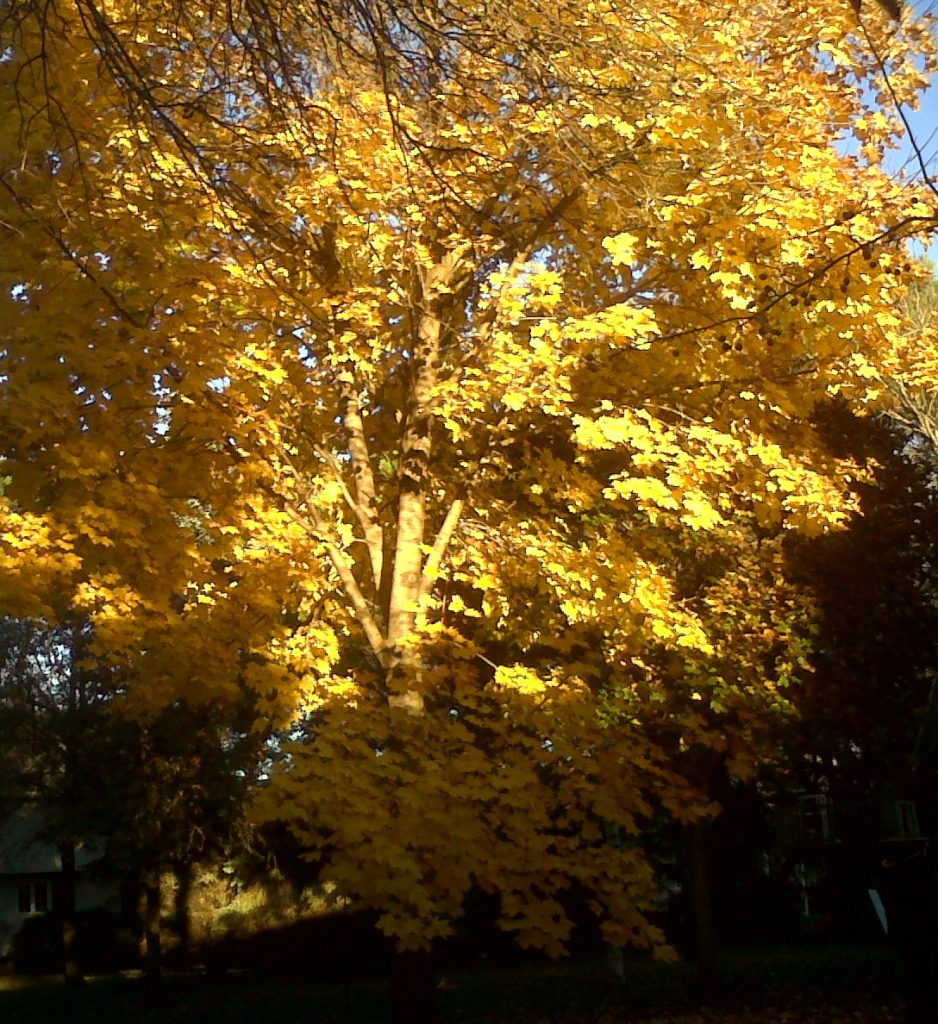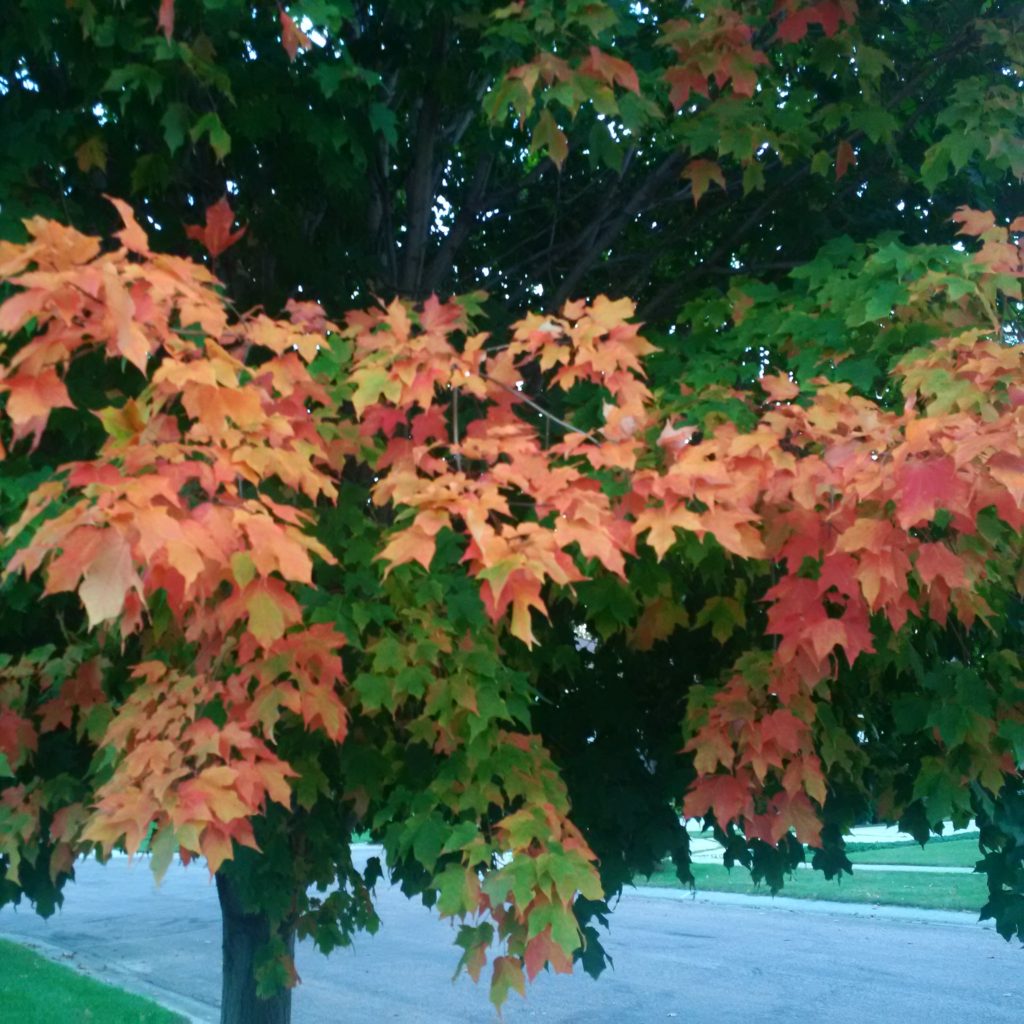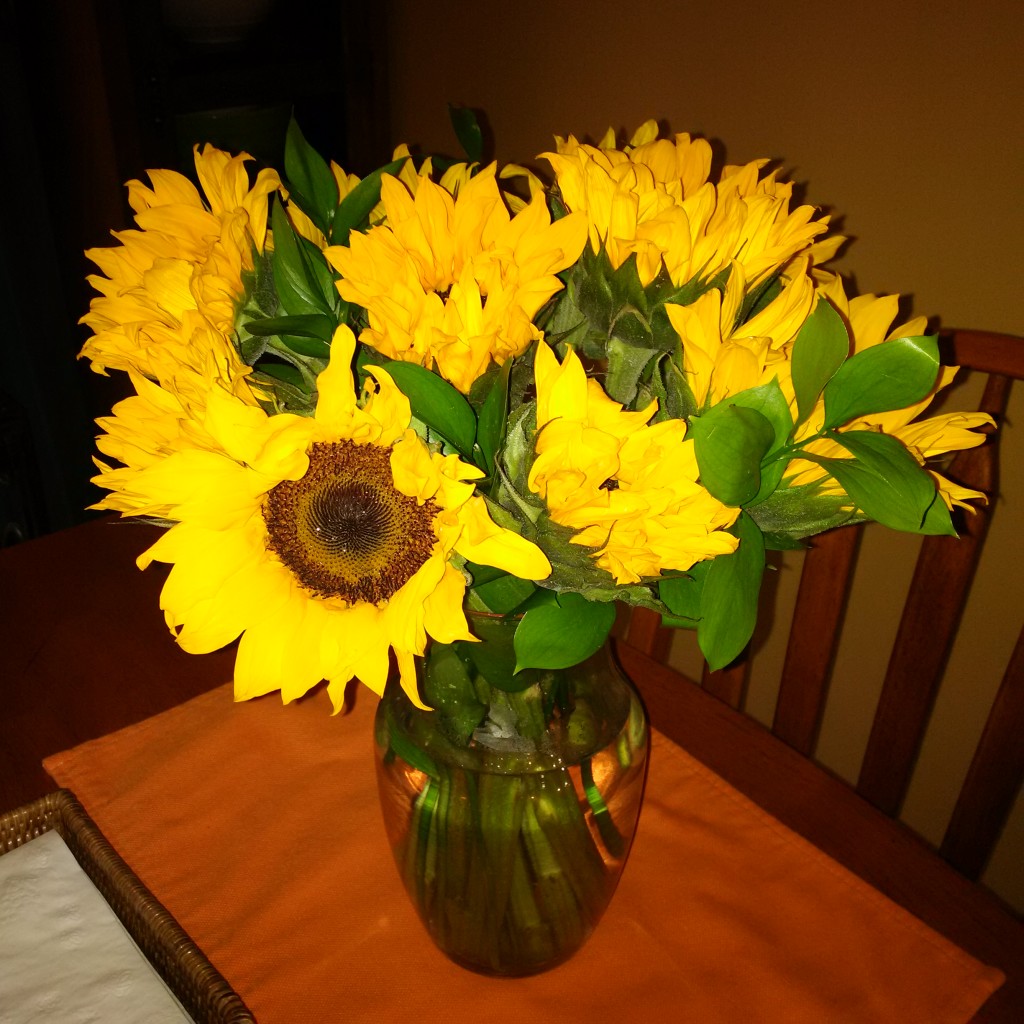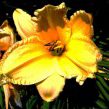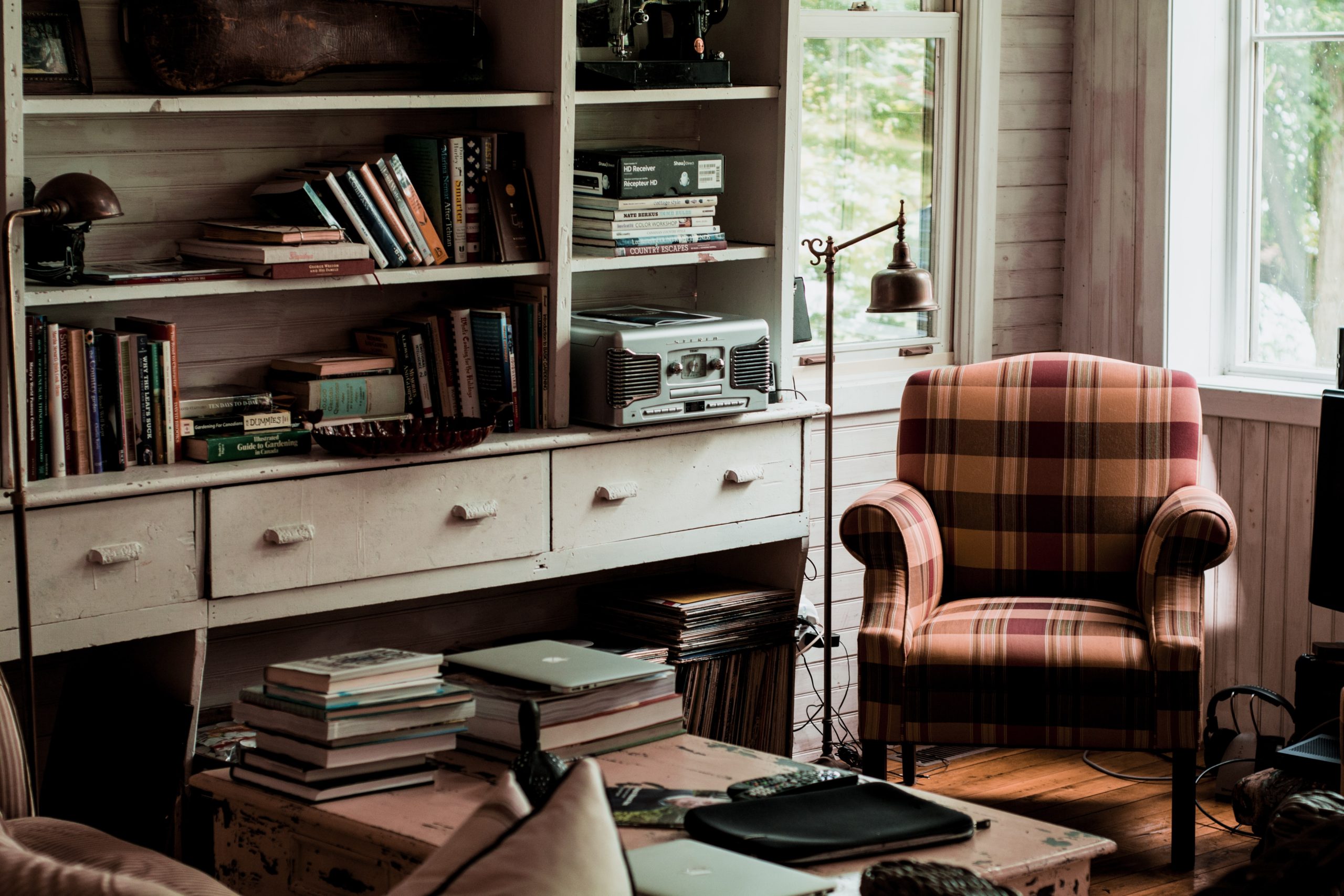Like so many, I’m a Rainer Maria Rilke (1875-1926) fan.
“The only sadnesses that are dangerous and unhealthy are the ones that we carry around in public in order to drown them out with the noise; like diseases that are treated superficially and foolishly, they just withdraw and after a short interval break out again all the more terribly; and gather inside us and are life, are life that is unlived, rejected, lost, life that we can die of.” ― Rainer Maria Rilke, Letters to a Young Poet
In 2021, WW Norton published Letters to a Young Poet with (for the first time) the letters to Rilke from the “young poet.” Letters, first published in 1929, has had a tremendous following, but now, in this new edition, an intriguing window has opened, as the letters Franz Xaver Kappus wrote in reply to Rilke are included. It’s like reading a conversation, a genuine and thoughtful communication, that has recently taken on a new life. Previously one-sided, the 2021 book sheds light on Kappus and his life when he so diligently sought out Rilke’s advice.
His May 2, 1903, letter to Rilke begins “Dear Sir, forgive me for burdening you with another letter already. But your letters are so dear to me, so incomparably precious, that I always want to thank you for your friendly kindness and goodness … .”
His replies to Rilke are signed Your Eternally grateful, Franz Kappus. In another letter sent July of the same year, Kappus begins by sharing his fear that Rilke is either sick again or did not receive his last letter.
“Let life happen to you. Believe me: life is in the right, always.”
― Rainer Marie RilkeSurprisingly, the Kappus correspondence was believed lost until 2018, but a Rilke scholar, Erich Unglaub, found them; they were published in German for the first time in 2019. The 2021 edition is translated by Damion Searls.
Though I haven’t quite finished the book yet, I’ve read enough to appreciate it, and to recommend it to Rilke fans. Their correspondence has a timeless quality to it, a genuineness and a depth that keeps me turning the page, wanting to know more about how these two shared their thoughts and wisdom when the world was much younger than it is in 2023.
Patience is a theme that Rilke returns to with some frequency, advising Kappus in one letter to “Patiently wait and see whether or not your inner life feels constrained by the form of this career.” And of course there is Rilke’s famous quote …
“Have patience with everything that remains unsolved in your heart. …live in the question.”
― Rainer Maria Rilke, Letters to a Young Poet
Advice like this is an enormously unique gift. An apt reminder that questions can be guideposts when we allow them to linger, never rushing or pushing for premature resolution. It has always seemed to me that when we force a question before we are able to solve it in a way that honors our life direction and purpose, we settle for “answers” that are born of time, not the intuitive depths of our inner world. One takes us in a false, hurried direction, the other arises with an organic feel, an inevitability, once we assemble all the relevant pieces.
It also has been my experience that a solution that flows from silence and intuition, as opposed to an intellectual, overly analyzed solution, is much more likely to generate trustworthy guidance. The kind that feels right on a number of levels; the kind that leads to peace of mind, not a nagging feeling of “no, this answer doesn’t feel quite right.” Patience, as Rilke, suggests can shield us from our impulses and hasty decisions that ultimately lead us down a false path.
Rilke wasn’t alone in his thinking.
The notepad on my desk features the words of Ralph Waldo Emerson.
It reminds me that nothing can be forced, rushed, or dismissed before its time. Not successfully anyway.
“Adopt the pace of nature. Her secret is patience.”
When I think about Rilke’s work and its impact on me, it seems like his work, his thoughts, his impressions of the world, flow from patience itself, along with the wonders of solitude, something he strongly recommends for all of us. There’s an openness, a subtle invitation almost, in his writing that draws me closer, in other words. Wanting to remember his heartfelt message, his words stay with me, often coming unbidden.
“May what I do flow from me like a river, no forcing and no holding back, the way it is with children.” ―
If you haven’t read Rilke’s work in a while, maybe it’s the perfect time to spend a few hours with him again. Autumn, a time of letting go, rest, and possibly much-needed solitude, speaks of him in so many ways. ~
